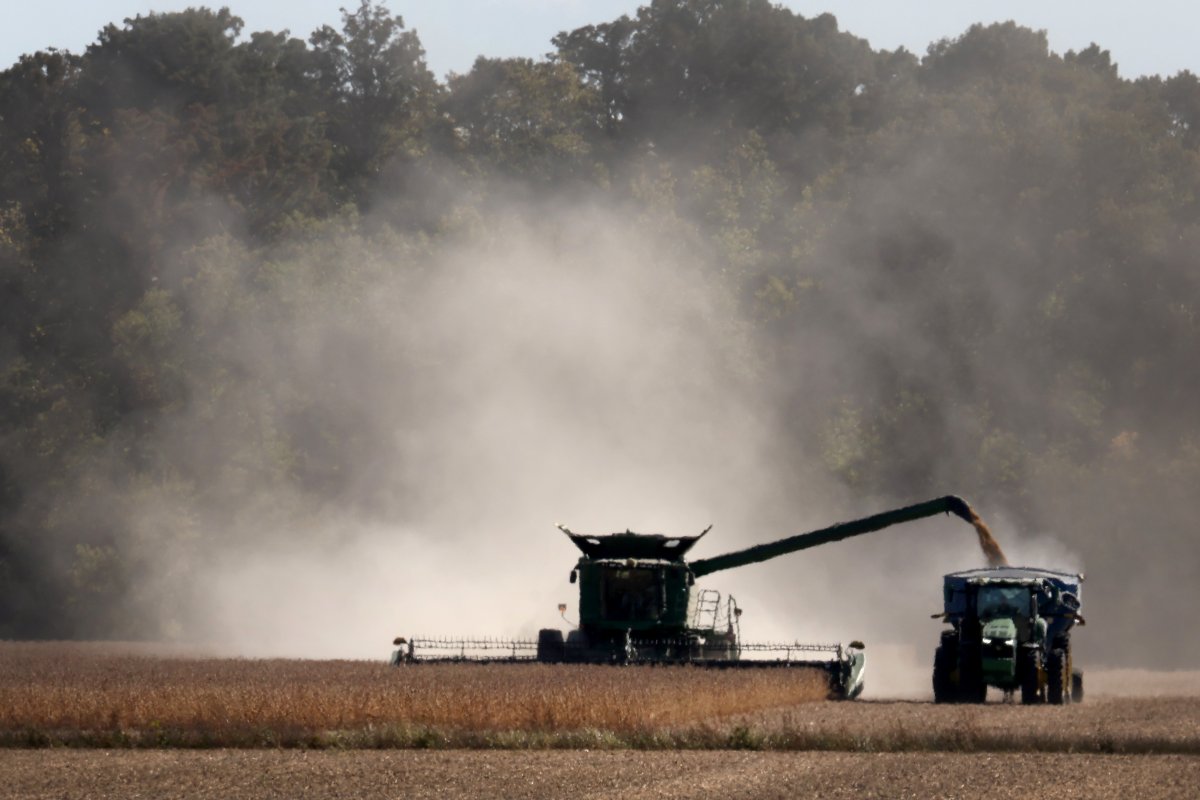St Paul, Virginia is a tiny town in the Appalachian coalfields of southwestern Virginia. Like many places in Appalachia, St Paul has struggled mightily as the once-dominant coal companies have shut down, eliminating all but a handful of jobs. In this part of Virginia, economies aren't very diverse so too many people depend on one or two industries or on a handful of big companies, most of whose headquarters are hundreds of miles away. This is commonplace throughout rural America.
But there's something else common to the people of small towns and rural America: They are fighting back to renew and rebuild their communities, to regenerate some traditional occupations while embracing new businesses and new economic strategies. In St Paul this has included trails and outdoor recreation, farming and a farmer's market, cyber security businesses, a refurbished historic theatre and an ecological learning center built around the Clinch River with its unmatched ecological diversity. St Paul, like hundreds of communities across rural America is creating a new economy driven by local people and the assets of their places. But it is an enormous challenge, especially when you've been almost completely overlooked by politicians and pundits for decades.
What would sustained rural investment and federal policies designed by experienced local innovators mean for places like St Paul? If Progressive Democrats of America and the Rural Urban Bridge Initiative have their way, we'll soon find out. Together, these two organizations have authored a Rural New Deal, a concise but relatively detailed policy platform of federal action that, if implemented would put workers and good jobs at the center, dramatically expand critical rural infrastructure, level the playing field for family farms and small businesses against absentee corporations, and address a myriad of health, housing and other problems with locally tailored solutions. Rather than imposing a top down, "cookie cutter" approach, the Rural New Deal encourages bottom up approaches to strengthening rural America.

The Rural New Deal has ten pillars each of which contains five to eight recommendations for public policy, primarily at the federal level. While rural-driven and rural-focused, many of the recommendations would benefit people in cities and suburbs as well. As an example, the second pillar, "Reward Work and Ensure Living Wages" calls for a federal jobs guarantee with livable wages, expansion of effective training and apprenticeships for displaced workers, eliminating unfair barriers to unionization, and support to small businesses who struggle to pay fair wages. The third pillar, "Dismantle Monopolies, Empower and Support Local Business" dives deeper into support for independent businesses, including cooperatives while squarely tackling extreme corporate concentration through aggressive anti-trust action, reduction of corporate subsidies and challenges to the unbridled power of private equity.
The first pillar of the Rural New Deal, "Rebuild Farm, Forest and Food Economies" builds on recent efforts to expand access to land for black and indigenous people while making land more available and affordable to newer and younger farmers across the spectrum. It calls for the expansion of programs to link retiring farmers to aspiring farmers, while curtailing speculation that puts farmland out of reach for those who want to actually produce things. And it provides support and financial incentives for farmers and forest entrepreneurs to adopt soil building, carbon sequestering practices. These and related rural development policies contained in the Rural New Deal will directly benefit farmers, small towns and rural communities. Yet they will also help stabilize critical supply chains, increase access to healthy food and strengthen the resilience of our nation overall. Perhaps that's why Bill McKibben, the author and founder of 350.org has called the Rural New Deal "a remarkable document."
While the Rural New Deal is a non-partisan call to action, one which could be embraced across the political spectrum, it originated with Progressive Democrats of America. PDA Director, Alan Minsky initiated discussions with the Rural Urban Bridge Initiative earlier this year, eventually leading to the development of the RND. According to Minsky, ""Addressing the problems and concerns of rural America, isn't just the right thing to do, it is essential for the health of our nation. Too many Progressives have ignored rural and small-town America for too long. The Rural New Deal will change that."
Some will argue that we can't afford the investments proposed in the Rural New Deal, or that the federal government should not be "picking winners" by supporting small businesses, clean energy providers or family farmers. We don't buy it. The United States currently has 756 billionaires with an estimated collective net worth of $4.5 trillion. If we include U.S. millionaires, this tiny slice of our population holds over $190 trillion of wealth. The federal government has been picking winners for decades, and most of them are among that group.
It's long past due for our elected representatives to level the playing field between the rich and the rest of us and to support the long term resilience that investment in rural people and places will help bring about. The Biden Administration has taken concrete, substantial steps to steer us in this direction. Adopting the Rural New Deal will help ensure that we accelerate this shift to a fair and generative economy, and that the voices of 60 million rural Americans are at the table to make sure it finally gets done right.
Anthony Flaccavento is a farmer, author and Executive Director of the Rural Urban Bridge Initiative. He lives near Abingdon, VA.
The views expressed in this article are the writer's own.
Uncommon Knowledge
Newsweek is committed to challenging conventional wisdom and finding connections in the search for common ground.
Newsweek is committed to challenging conventional wisdom and finding connections in the search for common ground.
About the writer
To read how Newsweek uses AI as a newsroom tool, Click here.






